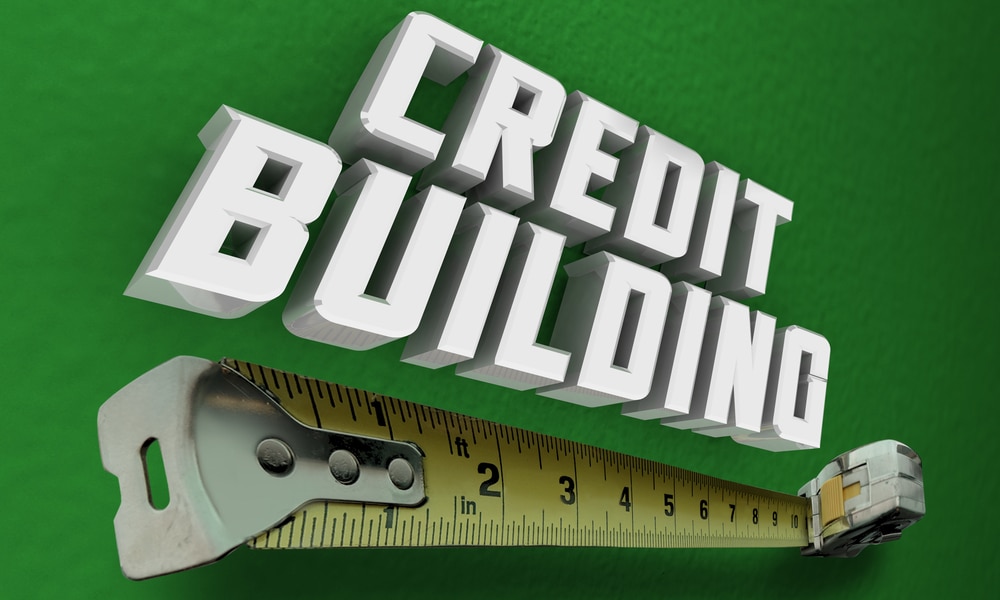By Jacob Maslow — Branded Content
If you’re in college and dread the thought of establishing credit once you graduate, there’s good news. Millions of students begin building a financial history early in their academic careers. By the time they receive their diplomas, they’re well on the way to having a decent credit rating. The fact is that there are numerous practical strategies for non-working students to create financial footprints on credit bureau databases.
In addition to working part-time during school sessions and full-time in intermittent summers, consider taking out a small personal loan, opening savings and checking accounts, consulting a financial counselor, and applying for one or more secured cards. There are all sorts of approaches you can take to address the issue of lacking a financial history. The sooner you begin, the faster your data will show up in official records. After that, you’ll need to pay bills on time and use credit responsibly to maintain an excellent rating. Then, down the line, when you want to get invested in the stock market, buy a home, or invest in real estate, you will have the healthy financial history to do so. Here’s how to get started.
Get a Part-Time Job
Having a regular income is one way to establish credit. Keep documentation, like tax returns and paystubs, to document annual income totals when applying for loans. In addition, having a job qualifies you to borrow money from private lenders and card issuers. Even a part-time job at a fast-food restaurant is enough to make you creditworthy.
Take Out a Personal Loan
Taking out a small personal loan is an effective way to begin your journey toward building an excellent credit rating. Applying for such loans online is a fast process. You can usually find out in a few minutes whether you qualify. Be accurate when filling out the basic information on the app. For college students, loan proceeds can serve several purposes, including unexpected travel expenses, buying new clothing for a series of formal job interviews, and more. Some lenders will ask you why you are borrowing. Always be clear about what you intend to use the money for.
Speak With a Financial Counselor
Spend time with a professional financial counselor to go over your budget, current credit rating (if you have one), and the best tactics for getting on the radar of the major bureaus. They’ll often advise you to apply for secured cards, open bank accounts, and apply for personal loans.
Open Two Bank Accounts
Don’t live a cash life or rely on cryptocurrency to supply your need for spending money. Instead, open a checking and savings account at a major bank in your name. Use the account’s debit card to make everyday purchases and make regular deposits into the savings account. There’s nothing wrong with buying things with crypto, but at the current time, alt-coins do not report to the three bureaus.
Apply for a Secured Card
Apply for one of the many secured cards available online. Compare offers and avoid cards with high annual fees. Several are ideal for college students. First, verify that the one you choose reports to all three bureaus. Then, use it at least once per month, being sure to pay the balance zero before the due date.
Photo Courtesy // Jacob Maslow





